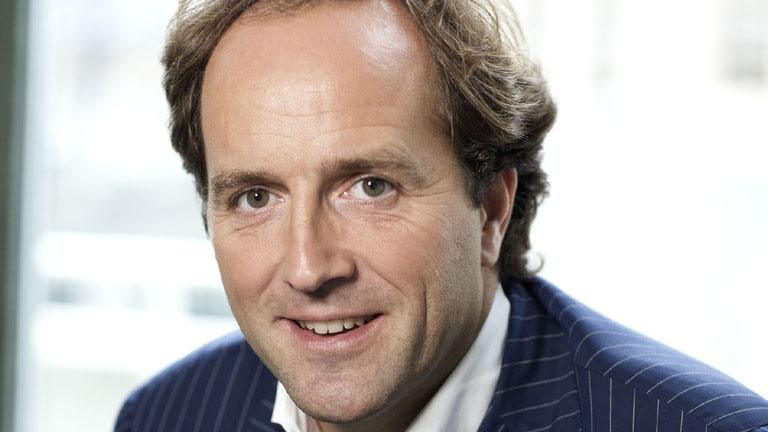Social media stars warned over undeclared paid-for ads
- Published

Social Chain made an undertaking to stop the practice
Dozens of celebrities have been warned about endorsing products on social media without declaring they had been paid to do so, the government has said.
The Competition and Markets Authority (CMA) also warned the firms paying them and forced the intermediary, Social Chain, to undertake to stop.
But the CMA insisted on keeping the names of the public figures and the companies secret.
Transparency campaigners said the names should be released
A CMA investigation found that Social Chain arranged for "widely followed social media personalities" to promote films, games, takeaway and dating apps, without declaring that the content was paid-for advertising. They posted the adverts on Twitter, YouTube and Instagram, the government body said.
It added that Social Chain organised 19 marketing campaigns featuring undisclosed advertising in a four-month period last year.
The posts appeared on social media accounts with a "combined reach of around four million followers" and some of the campaigns "trended on Twitter, which may have increased their readership further".
'Bombarded'
Social Chain also used its own social media accounts.
The CMA wrote to 43 celebrities and 15 businesses to "warn them that arranging or publishing advertising that is not clearly labelled may result in them breaching consumer protection law".
On Thursday, it refused to name any of them, saying that it preferred to concentrate on the marketing company.
"It is important that when companies are caught breaking the rules, either in letter or in spirit, that the names of those companies, and any others involved in the offence, are made public," Peter Van Veen of Transparency International UK said.
He told the BBC: "Only through disclosing such information will any sanctions act as a future deterrent for those companies and others."
According to Daniel Knapp, an advertising researcher at the analyst firm IHS, social media advertising has become more important in recent years as consumers tire of traditional advertising methods.
They are "bombarded" by advertising and see as many as 1,000 ads per day and many people no longer trust "interruptive advertising", such as television ad slots, he said.
'Misled'
"So, they are looking for other ways. Social media is where young and highly influenceable people congregate and the stars have bigger followings than some brands. They are also very close to the consumers."
But Mr Knapp added that undeclared advertising was bad for the marketing industry in the long term because it risked eroding trust.
"Social media personalities can have an important influence on people's views, especially young people. It is therefore crucial that when people decide what to buy, they should not be misled by adverts on social media that read like independent opinions," said Nisha Arora, of the CMA.
The CMA also announced that it had received an undertaking from the clothing retailers Wool Overs, which it said had "cherry-picked" more favourable customer reviews for publication on its website.
The firm agreed to publish "all genuine, relevant and lawful customer reviews on its website" in future and not to "suppress unfavourable reviews", the CMA said.
Wool Overs said it had undergone a change of ownership and had begun working on a change in its practices when the CMA investigation was opened.
Social Change told the BBC it had been working with the CMA for several months "to ensure we fully comply with the ever-changing advertising regulations."
- Published5 February 2016

- Published6 August 2012

- Published15 June 2016
